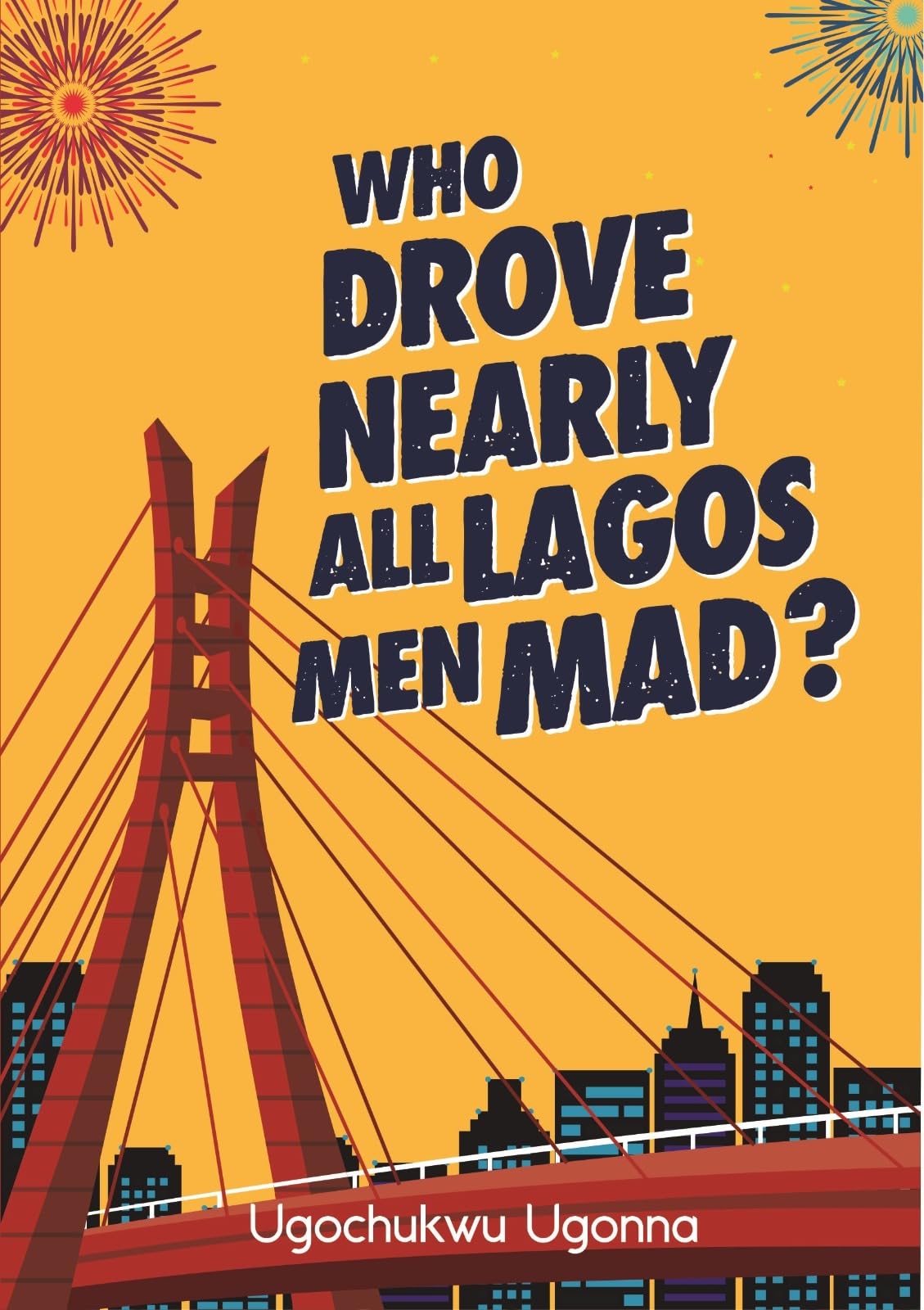
Top 30 Cartoon Characters That Were Villains
Our list rounds up the top 30 cartoon characters that were villains, each one more wonderfully wicked than the last.
africanliterature
In these tales, women are portrayed as clever and tricky individuals, while men’s descent into madness is often a response to these traits.

Deep in the heart of Lagos, the centre of excellence, from Festac to Ikeja, Surulere to Sangotedo, the sizzling love lives of the diverse humans parading the dating space of this boisterous city are examined through this collection of eleven short stories that beg the Who Drove Nearly All Lagos Men Mad?
There’s a story of the wife of an Afrobeats legend living her best life, another of a girl who returned to the streets where she belonged, a Christian nurse who could not afford to exceed a certain body count before marriage, a mother unsuspectingly raising a mad man in her toxic home, the guy satisfied with just-the-tip, another of a match that was made in heaven, a girl who swiped right for hookup but fell in love, and another who wants to burn down her Grandma’s house because of penis.
In October 2021, the release of Damilare Kuku’s Nearly All the Men in Lagos Are Mad sparked backlash from men who felt it was skewed and the title misleading. They expressed their grievances and criticized the book. Now, close to two years later, Ugochukwu Ugonna’s Who Drove Nearly All the Men in Lagos Mad has made its debut in the market.
Ugonna’s novel consists of a series of eleven stories. It begins with a dedication that reads: “To you and all devoted people inundated by the all-too-familiar phrase ‘Men are scum.’ “This, in fact, made it seem like this book was going to make us find out that they are not.
In these tales, women are portrayed as clever and tricky individuals, while men’s descent into madness is often a response to these traits. Ugonna highlights the various factors that drive men to this point through the tales. These range from a woman attempting to purchase a baby to conceal her infertility from her husband, a deceitful encounter with a hookup girl, to another who deceives a man for personal gain.
We also encounter a young woman who drugs men to steal from them, a supposed virgin who betrays her boyfriend with other men, a woman with disdain for her son and husband, and a Lagos socialite who cheats on her boyfriend with a ‘Yahoo boy’ who eventually betrays her.
In Follow-come Wahala, Caroline Nnabuife is portrayed as a woman harbouring resentment towards her son and husband, a portrayal I can’t entirely agree with. Even her in-laws, aware that the marriage originated from a traumatic incident, wrongfully accuse her of being a witch who wishes to kill her son. Surprisingly, Adam shows no remorse upon learning the reason behind her intense dislike for his father. This particular story felt like gaslighting, perpetuating the narrative that Caroline is at fault, aligning with the prevailing theme in the storyline.
In Love at First Chat, a playboy gets tricked by an Instagram influencer but happens to find love unexpectedly. He is willing to go as far as to help his newfound love get reconstructive burn surgery. At the end of this story, I wondered why it was part of the book because the story did not back up the title. It’s the same reaction I had with That Weekend in August and a few others.
While reading, I was eagerly anticipating a counterargument to the Nearly All The Men in Lagos Are Mad discussion, but the response left me quite disappointed. The stories, while showing promise, turned out to be quite basic and mediocre. They lacked captivating plots, featured one-dimensional characters, and didn’t leave me wanting more. Most of these stories had the potential to give chaos and much-needed drama, but it never came, which made it very disappointing.
The writing, although easy to read and get into, was rather rudimentary and not particularly well crafted. The author also heavily relied on vulgar language for shock value, which ended up being more off-putting than effective.
This turned out to be quite disappointing. I dove into this with the expectation of an entertaining experience, complete with its own dose of “gbas gbos” (Nigerian slang for verbal sparring) and a unique insight from a man’s perspective.
Unfortunately, none of these expectations were met, and I found myself let down. As I often say, everyone’s reaction to a book is subjective, so I encourage you to grab a copy and form your own opinion. Let me know what you think!
I'm an Aircraft Mechanic that loves books. I love to read, buy books and talk about books. It's my coping mechanism.

Our list rounds up the top 30 cartoon characters that were villains, each one more wonderfully wicked than the last.

DC is great at making comics and animated movies, while the MCU has the upper hand in its cinematic aspects

Discover the best apps to read books for free in 2025. Access thousands of free e-books and audiobooks on your phone or tablet. ...

There are some outright funny cartoon characters who exist solely to crack you up, loud, hard, and with zero apology.

Things Fall Apart is for the colonizers as well as the colonized, helping to understand the role of colonialism in the realization...

While many of the Nollywood movies on our list are quite old, it’s a testament to the capabilities of the industry’s p...

While this isn’t an exhaustive list, it comprises some of the most popular mythical creatures from around the world.